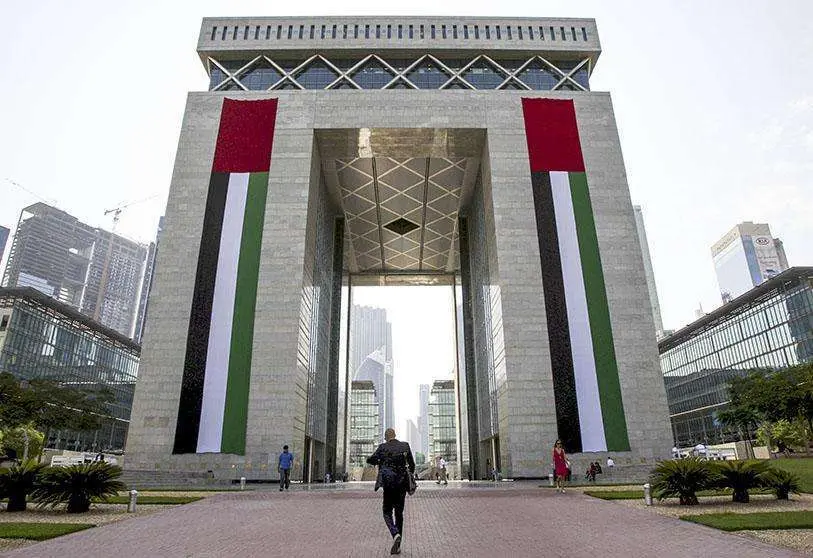Saudi Arabia and UAE approve $9 billion package to curb inflation

Saudi Arabia and the United Arab Emirates are working together to alleviate the consequences of soaring commodity prices, which are affecting a significant percentage of the population as a result of inflation.
Thus, the King of Saudi Arabia, Salman bin Abdulaziz, has ordered the allocation of financial support of 20 billion rials and 14 billion dirhams, which translates into a total of 9 billion dollars, to deal with the growing fears of recession after the central banks tightened interest rates to control inflation.
The new budget approved by the Saudi king will seek to help beneficiaries of the Citizen's Account Programme as well as those on social insurance. In turn, part of the allocation will go to the Small Livestock Support Programme to increase strategic stocks of basic materials, as well as to ensure their availability. Bin Salman also emphasised the "need" to support "the neediest citizens" in the face of high commodity prices.

In addition, the UAE has managed to double the allocations for the social support programme that had been earmarked to help low-income citizens. In doing so, the UAE has introduced new elements into the scheme that would include housing, education and unemployment, in addition to other subsidies such as food, electricity, water and fuel.
The Ministry of Health also allegedly reported on the new situation in the country with the new spread of the COVID-19 sub-variant, as well as updates on the provision of vaccines.
According to the directives of UAE President Mohamed bin Zayed Al Nahyan, this social support programme will be restructured into a new integrated plan "doubling from 14 billion dirhams to 28 billion dirhams".

In this regard, Emirates has raised the eligibility level for low-income families to 25,000 dirhams per month. Alongside this, it has approved a housing subsidy ranging from 1500 to 2500 dirhams per month, to be allocated to unemployed people over the age of 45. On the other hand, in the electricity sector, a monthly electricity subsidy of 50% has been decreed for consumption of less than 4,000 kilowatts. In addition, a monthly water subsidy of 50% has been approved for consumption of less than 26,000 gallons per month.
The oil sector will also be affected by this new plan after petrol prices have increased up to five times this year, widening the price gap with other oil producers in the region that subsidise fuel. In the Emirates, which now stands as the third largest OPEC+ oil producer, the price of oil has soared by 80% since the beginning of this year.

The Organisation for Economic Co-operation and Development (OECD) has predicted that it expects the Saudi kingdom could see a reduction in inflation at a time when the global economy is suffering one of the largest and most significant increases in food and commodity prices.
According to reports, Saudi GDP is expected to more than double in comparison with the G20 countries, with Saudi Arabia growing by 7.8% by 2022, while the G20 economies are expected to grow by around 2.98%.
Similarly, the OECD has also revised Saudi GDP growth in 2023 to 90%, tripling the G20 average growth, at a time when the inflation rate would remain below the G20 average of 6.3%.








